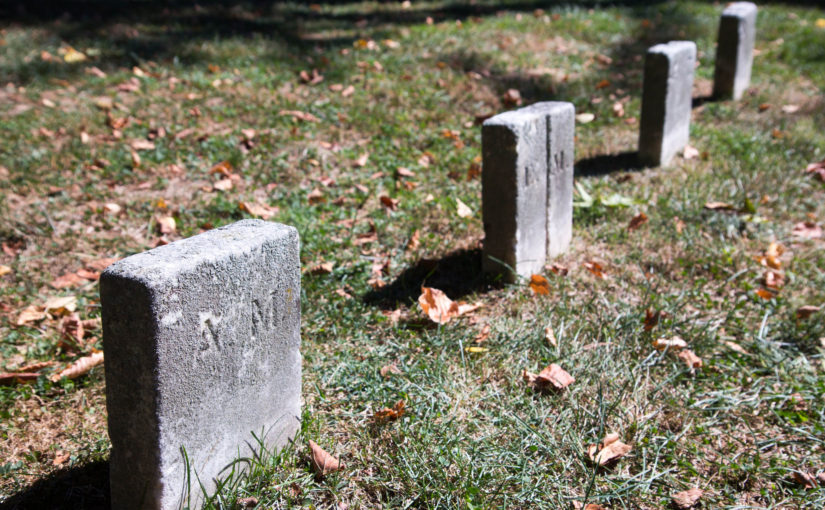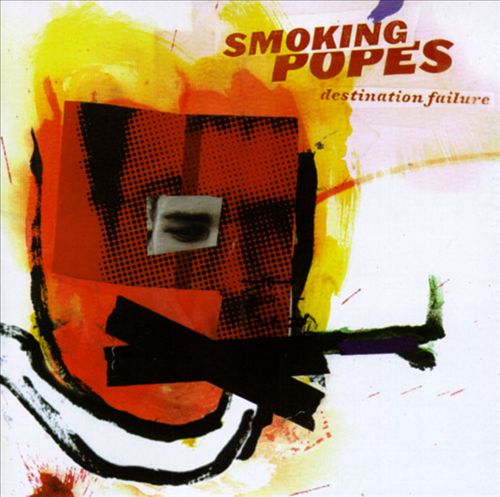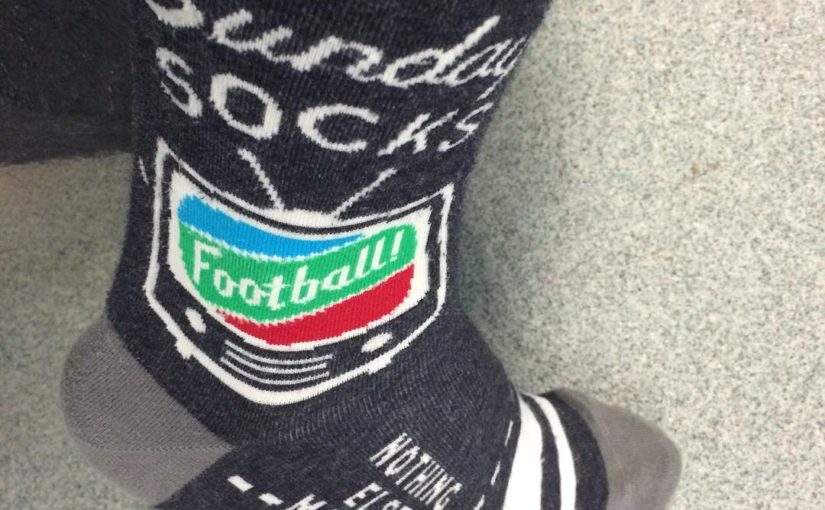Someone in the crowd said to him, “Teacher, tell my brother to divide the family inheritance with me.” But he said to him, “Friend, who set me to be a judge or arbitrator over you?” And he said to them, “Take care! Be on your guard against all kinds of greed; for one’s life does not consist in the abundance of possessions.” Then he told them a parable: “The land of a rich man produced abundantly. And he thought to himself, ‘What should I do, for I have no place to store my crops?’ Then he said, ‘I will do this: I will pull down my barns and build larger ones, and there I will store all my grain and my goods. And I will say to my soul, ‘Soul, you have ample goods laid up for many years; relax, eat, drink, be merry.’ But God said to him, ‘You fool! This very night your life is being demanded of you. And the things you have prepared, whose will they be?’ So it is with those who store up treasures for themselves but are not rich toward God.”
Luke 12:13-21
My sermon from the 8th Sunday After Pentecost (July 31, 2016) on Luke 12:13-21.
****
Yesterday, I was in Philadelphia saying goodbye to my Great Uncle Tony. He died earlier this week, just a few weeks after his 89th birthday. He lived a very full life, a man who loved his family, loved God, and loved a good game of pinochle. He spent his last few years living in a small apartment in an assisted living facility. And he loved it there. He attended mass every day, knew every aide, nurse, and resident on his floor, and he would spend hours outside reading and greeting everyone who came by. But before this move, he lived by himself in a condo. So when he moved into this new facility, he had to downsize. He didn’t need all the furniture and things he had. When the moving truck came, it took everything out of his condo, dropped some off at his new place – and put the rest in my Uncle Mike’s basement. My Uncle Mike has done pretty much everything he can to just give that stuff away. Every time I moved, I’d get an email asking if I needed a mirror or a chair or a coffee table cut out of a giant piece of driftwood. I would, politely, turn down this offer down because I already had what I needed. I already had my stuff. My great uncle Tony has gone to meet his maker – but the possessions he used and collected in this life are still here. He wasn’t a rich man but he still had things – those physical artifacts that make our life work – and they’re now in storage, in a basement bigger than his original condo, waiting for someone to come by and use them, one more time.
Today’s reading from the gospel is about stuff, about money, about our possessions and what possess us. Jesus is in the middle of his long journey to Jerusalem. He’s walking around, healing, feeding, and teaching anyone who he comes into contact with. And it’s during one of these gatherings that someone comes up to him with a demand. Now, we don’t know any of the backstory behind this demand. We don’t know if this person is claiming something they shouldn’t or if they are being cheated by their brother. All we know is that their parents are dead and these parents had enough wealth to leave an inheritance. There’s money and land in their estate and family members are fighting to possess it. This struggle, this conflict, has consumed them to the point where they have no problem standing in a crowd, surrounded by strangers and people they might know, and, in one sentence, lay at the feet of Jesus their entire family drama. They don’t ask Jesus for a teaching, or for healing or for words. They ask Jesus to judge. They plead with Jesus, in a very public way, to side with them and what they want. They want Jesus to act. And so he does, by doing exactly what the other person doesn’t want him to do: instead of proclaiming a decision, Jesus tells a story.
Now, there’s a few tricks I’ve learned over the years to help decipher just what Jesus is saying in these stories, in these parables. And the one that I found helpful today is to take Jesus’s words and circle the pronouns. Those I’s and you’s, he’s and she’s, me and mine – they are a window into what Jesus is talking about. The very first pronoun in Jesus’ parable is he, the rich man, who is caught in a dilemma. They are a farmer who earn their wealth through their land. This land – this gift from God that is fed by rain that only God can give – produced abundantly. It produced too much. The rich man has no place to put all this extra stuff. So he has a conversation with himself about what he should do and he comes up with a plan. He’ll tear down his barns and build bigger barns to hold all the abundance that he grew. He’ll rest secure knowing that he has more than enough to keep his life comfortable. In a conversation filled with I statements, the rich man looks to his own wits, his own wisdom, and his own concerns to figure out what he should do with this amazing gift that God has given him. He takes this gift – and stores it, trusting that this abundance will give him life. But there’s a bit of a flaw in his internal conversation. He actually forgets where this gift of abundance comes from. “The crops are mine – the barns are mine…the grain and goods – are all mine. And what is mine is what I trust to give me life.” God is never part of the rich man’s conversation because the man has made his wealth and his possessions the source of his life. He stops trusting God. He, insteads, trusts money. He puts his hope and his security in a bigger barn that he can make. By trusting something other than God as the source of his life, the rich man creates more than just a bigger barn. He creates his own god. He creates an idol.
When we take this parable and circle the pronouns, we find who the rich man makes as the center of his life: himself. He becomes the source of his life, he becomes his own savior. He’s a person who doesn’t see the gifts he’s received. He only sees what he possess. His trust only extends to himself. He ends up living in a universe of one, a universe of me, myself, and I – and creates a universe of self that’s way too small, with no space even for God.
When my Uncle Tony died, he left stuff. There are a few old paintings, a lot of 1970s era white and gold furniture, a dozen or so news caps, and a bunch of worn leather loafers sitting in my Uncle Mike’s basement. He was a working class guy, spent over 40 years as a U.S. letter carrier, and whenever you told him about something you’ve done or something you were proud of, he always responded with “holy smoke.” He was never rich, and he didn’t always feel rich, but he did have wealth. He had stuff. He retired from his working life with social security, a government pension, and some long-term care insurance that helped him get the care he needed during the last five years of his life. His wealth always helped him live but his stuff was never his life. He didn’t cling to it for support, nourishment, or hope. He clung to Christ, to his faith, to his church, and to his family because he knew that the universe was bigger than just himself. The source of all he had, the source of his life, was always the Son of God who, 2000 years before, said that life doesn’t consistence in only possessions. Life rests in a God who didn’t send Jesus to be a rich man, who didn’t send Jesus to live in purple robes, gold plated palaces, or ride on a chariot with his name in big letters on the side. Jesus grew up a carpenter’s son, knew fishermen and those who worked with his hands. He called men and women, young and old, rich and poor to be his disciples and sent them off to love the world. And when he was crucified on the cross, he didn’t curse the world but he blessed it, giving new life to all. Christ took his gifts, his wealth, his life – and used it to give everyone a new life too. And with this new life he gives us, we break out of a universe centered on I – and into the universe God made – a universe filled with our families, our neighbors and strangers, friends and even enemies – and we spread this love, this new life, because Christ is our primary treasure – and the rest of our wealth is to spread that love here and throughout this universe that God has made.
Amen.
Podcast: Play in new window | Download




